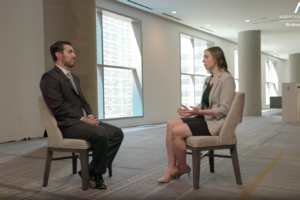
MONTH-IN-BRIEF (Jun 2025)
Delaware Supreme Court Reverses Aiding and Abetting Judgment Against M&A Acquirer for Lack of Knowing Participation in the Breaches
By K. Tyler O’Connell, Morris James LLP
The Delaware Supreme Court recently reversed a post-trial decision by the Court of Chancery awarding damages against an M&A acquirer for aiding and abetting breaches of fiduciary duties because the acquirer did not have the required “actual knowledge” of the sell-side fiduciaries’ breaches. See In re Columbia Pipeline Grp., Inc. Merger Litig., __ A.3d __, 2025 WL 1693491 (Del. June 17, 2025). After trial, the Court of Chancery found that corporate officers nearing retirement breached their fiduciary duty of loyalty by prioritizing their interest in obtaining lucrative change-in-control payments, and the acquirer aided and abetted the breaches. After the Court of Chancery’s decision, however, the Delaware Supreme Court rendered its decision in In re Mindbody, Inc. S’holder Litig., 332 A.2d 349 (Del. 2024), which discussed the element of an acquirer’s “knowing participation” in an underlying breach. As such, the Court of Chancery did not have the benefit of the Supreme Court’s Mindbody decision when ruling.

























